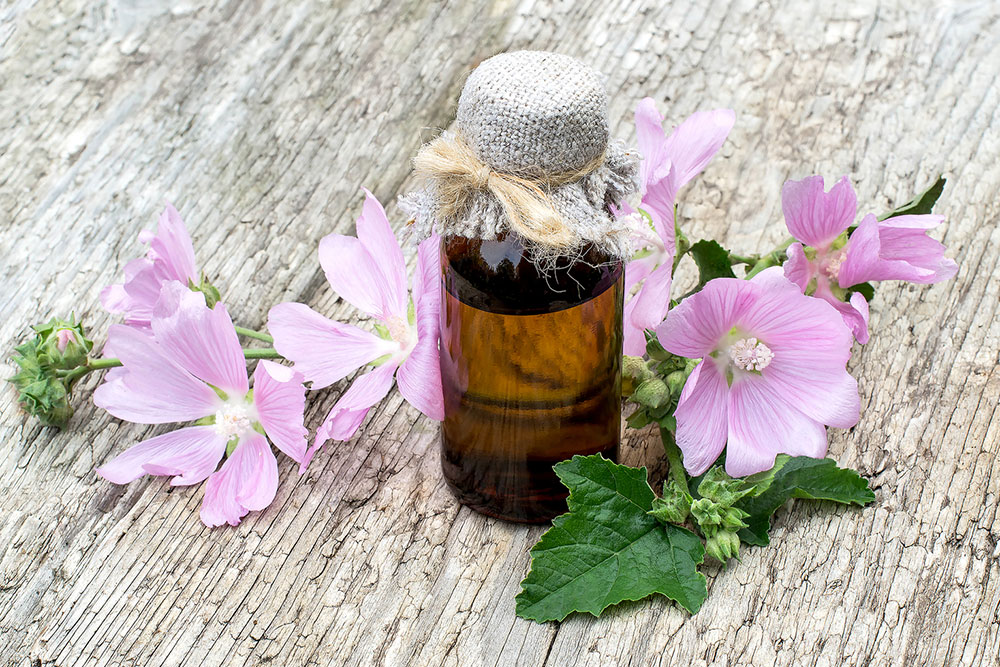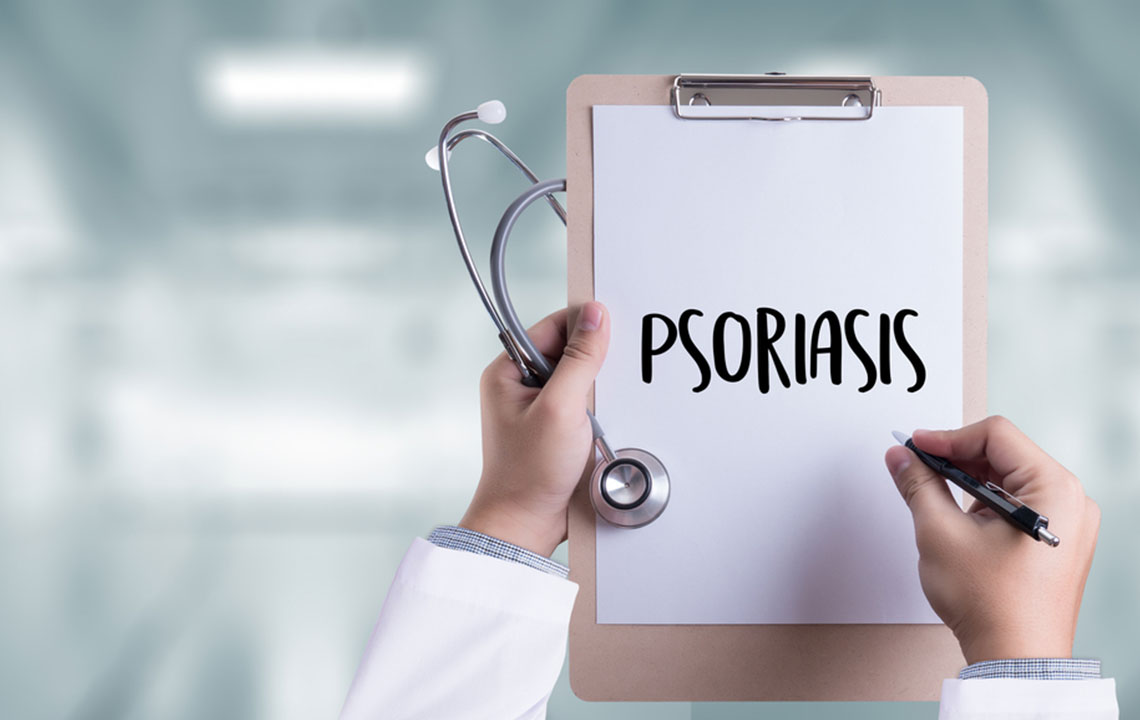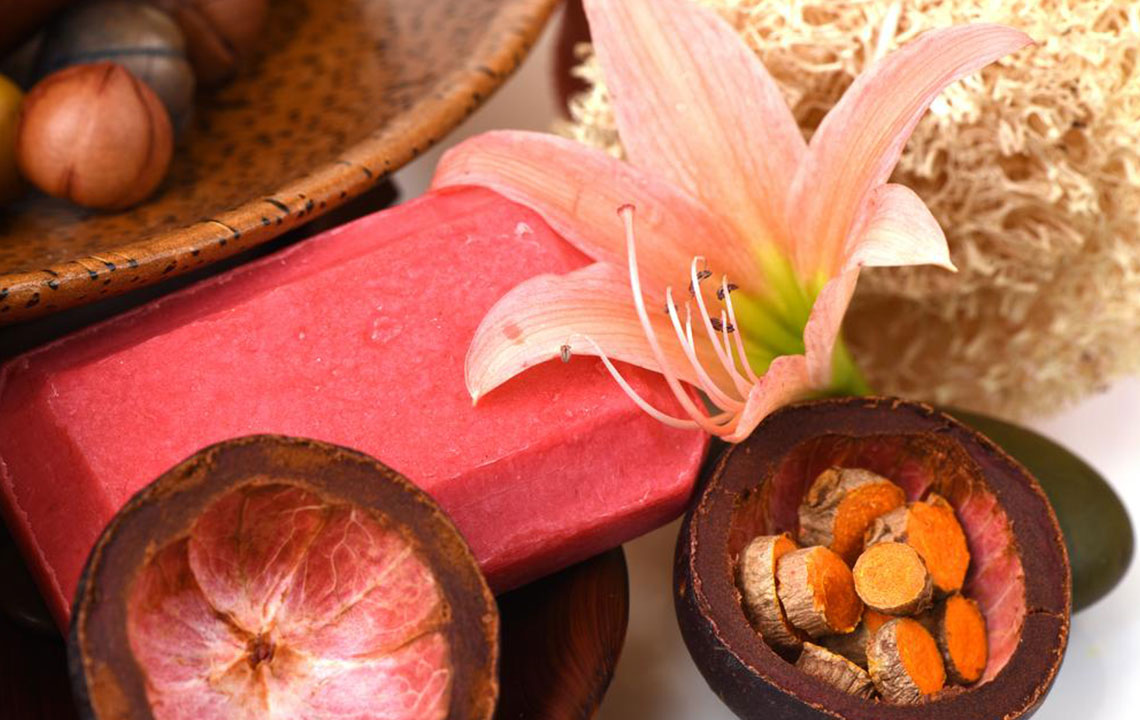Comprehensive Guide to Managing Psoriasis Effectively
This comprehensive guide highlights effective strategies for managing psoriasis, including modern medical treatments like biologics, oral medications, and phototherapy, as well as natural remedies such as cayenne pepper, Dead Sea salts, fish oil, and aloe vera. It emphasizes personalized treatment plans under medical supervision and lifestyle modifications that can help control symptoms, enhance skin health, and improve quality of life for psoriasis sufferers. Aimed at patients and caregivers, the article provides detailed insights into both conventional and natural options for optimal disease management.

Psoriasis is a widespread chronic autoimmune skin condition that affects millions worldwide. It manifests as red, inflamed patches of skin with characteristic silvery scales, often leading to discomfort, itching, and emotional distress. Although there is no definitive cure for psoriasis, advancements in medical science have introduced various effective treatment options that help manage and reduce symptoms significantly. The goal of treatment is to control inflammation, remove scales, and improve the quality of life for those affected. This comprehensive guide explores the most effective strategies for managing psoriasis, including both modern medical therapies and natural remedies, providing valuable insights for patients and caregivers alike.
Modern Medical Treatment Options for Psoriasis
Medical intervention plays a crucial role in managing moderate to severe psoriasis. The selection of appropriate therapies depends on several factors, including the severity of the condition, the specific type of psoriasis, patient age, presence of comorbidities, and response to prior treatments. The main categories of medical treatments include biologics, oral medications, topical applications, and laser or phototherapy. Each approach targets different aspects of the disease process, aiming to reduce inflammation, control immune responses, and promote healthier skin regeneration.
Biologic Therapies
Biologics are groundbreaking injectable or infusion-based medications that specifically target immune system components responsible for psoriasis. These are particularly effective for cases classified as moderate to severe, especially when other treatments have failed. Biologics work by inhibiting cytokines—proteins that promote inflammation and skin cell overproduction—such as TNF-alpha, IL-17, and IL-23. Common biologic drugs include etanercept, adalimumab, secukinumab, and ustekinumab. Despite their high cost, biologics offer significant improvement in skin clearance and quality of life for many patients. They necessitate regular monitoring for potential side effects, including increased risk of infections and immunosuppression.
Oral Systemic Medications
For patients with extensive or resistant psoriasis, oral medications can be highly effective. Drugs like cyclosporine and methotrexate suppress overactive immune responses, leading to a notable reduction in symptoms. However, their use requires careful monitoring due to potential side effects impacting liver, kidney, or bone marrow function. Otezla (apremilast), an oral phosphodiesterase 4 inhibitor, offers a newer alternative that modulates immune signaling pathways with a comparatively better safety profile, although it can be more expensive. These medications are typically prescribed alongside other treatments and require regular blood tests to minimize risks.
Topical Treatments
For mild to moderate psoriasis, topical therapies remain the first line of treatment. These include creams, ointments, gels, shampoos, and lotions designed to be applied directly to affected skin regions. Topicals are convenient and generally well tolerated. Common ingredients include corticosteroids, which help reduce inflammation and suppress immune activity; tar preparations, which slow skin cell growth; and calcium-modulating agents like calcipotriol, which regulate skin cell production. Combining topical treatments with phototherapy can enhance results for localized plaques. It's important to use these medications as prescribed to avoid skin thinning or other adverse effects.
Laser and Phototherapy
In cases where topical treatments are insufficient, phototherapy methods such as narrowband UVB therapy or targeted laser treatments can be employed. Pulsed dye lasers and excimer lasers deliver focused light that reduces blood vessels in psoriasis lesions, decreasing inflammation and scaling. Phototherapy involves controlled exposure to ultraviolet light, mainly UVB, which slows down skin cell proliferation and modulates immune activity. While effective, UV-based treatments carry a risk of skin aging and increased skin cancer risk, so they should be administered under strict medical supervision.
Natural and Complementary Remedies for Psoriasis
Many individuals seek natural remedies to manage psoriasis either as a complementary approach to conventional medicine or to minimize medication side effects. Although scientific evidence varies, these alternative therapies can provide symptom relief and enhance overall skin health when used responsibly.
Cayenne Pepper
Cayenne pepper contains capsaicin, a compound known for its pain-relieving and anti-inflammatory properties. When formulated into topical creams, capsaicin helps reduce itching and discomfort associated with psoriasis. The sensation of burning can be unpleasant initially, but with consistent use, many patients report decreased skin inflammation and fewer flare-ups. It’s essential to perform a patch test before widespread application to prevent allergic reactions.
Dead Sea Salts and Hydrating Baths
Soaking in baths with Dead Sea salts or colloidal oatmeal can significantly soothe itchy, inflamed skin and help remove scales. The mineral-rich waters are believed to promote skin healing and improve moisture retention. A typical regimen involves soaking for approximately 15 minutes, followed by gentle patting and moisturizing the skin thoroughly. Regular bathing with Dead Sea salts can also reduce redness and irritation, contributing to an overall sense of well-being.
Omega-3 Fatty Acids from Fish Oil
Incorporating omega-3 fatty acids through fish oil supplements can have a mild but beneficial effect on psoriasis symptoms. Studies suggest that daily consumption of 1.8 to 3.6 grams of fish oil can help decrease skin inflammation and improve immune function. Patients should consult their healthcare providers before starting supplementation to determine appropriate dosage and avoid potential interactions with other medications.
Aloe Vera
Aloe vera has long been used for skin conditions due to its soothing and anti-inflammatory properties. Topical application of pure aloe gel may provide relief for certain psoriasis types, especially those with mild symptoms. While evidence remains limited, some users report reduced redness and scaling. It is advisable to use high-quality, pure aloe products and perform a patch test to check for allergic reactions.
Conclusion
Managing psoriasis is a multifaceted process that involves understanding the disease, choosing the appropriate treatment, and maintaining a healthy lifestyle. Patients should work closely with healthcare providers—dermatologists, immunologists, or rheumatologists—to develop personalized treatment plans. Combining medical therapies with natural remedies, lifestyle modifications like stress management, proper skincare, and avoiding triggers can lead to better disease control and improved quality of life. While challenges remain, ongoing research continues to offer hope for more effective and targeted treatments in the future.





